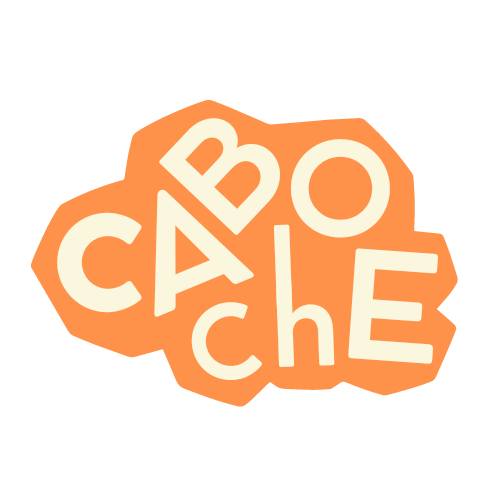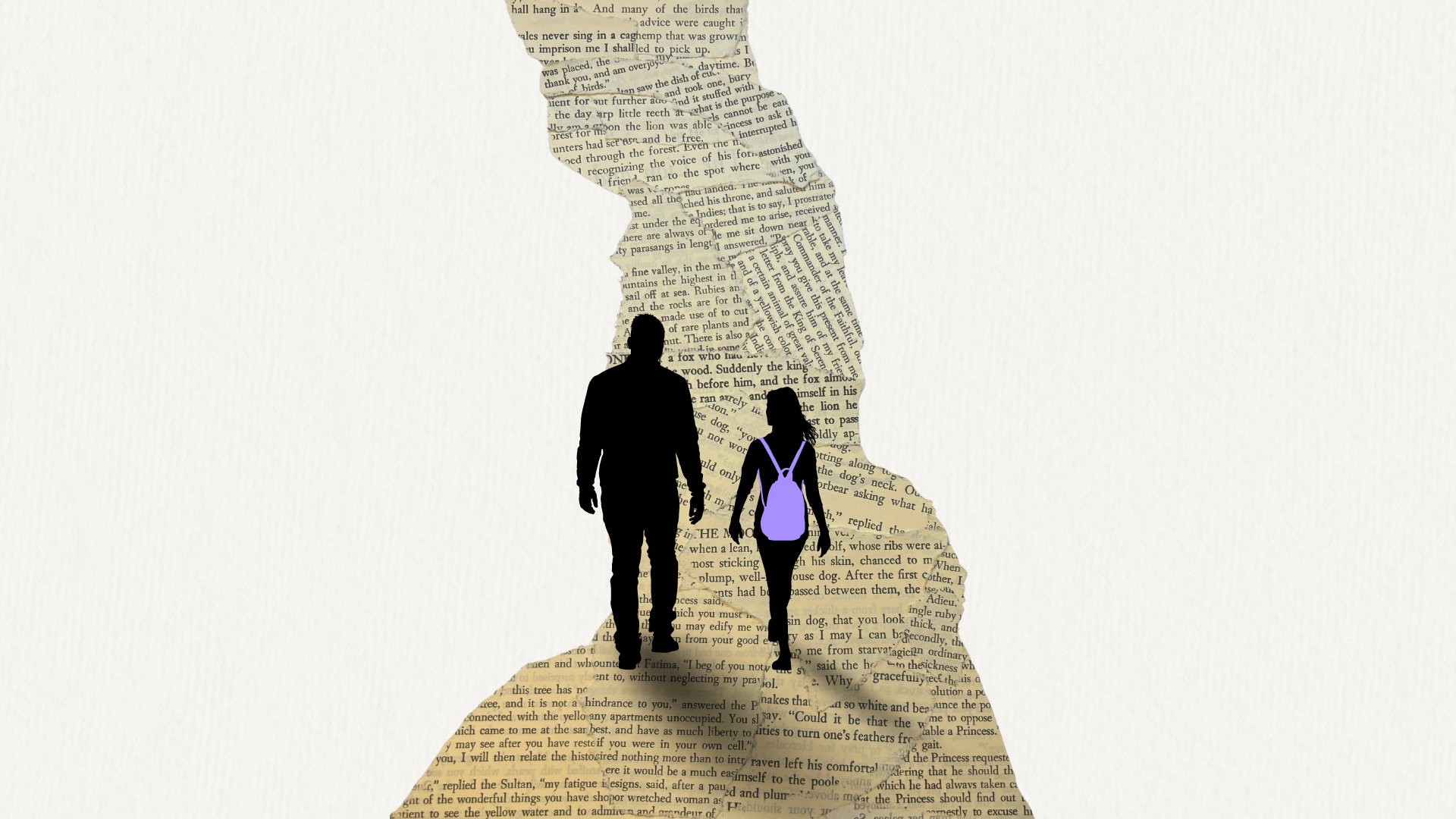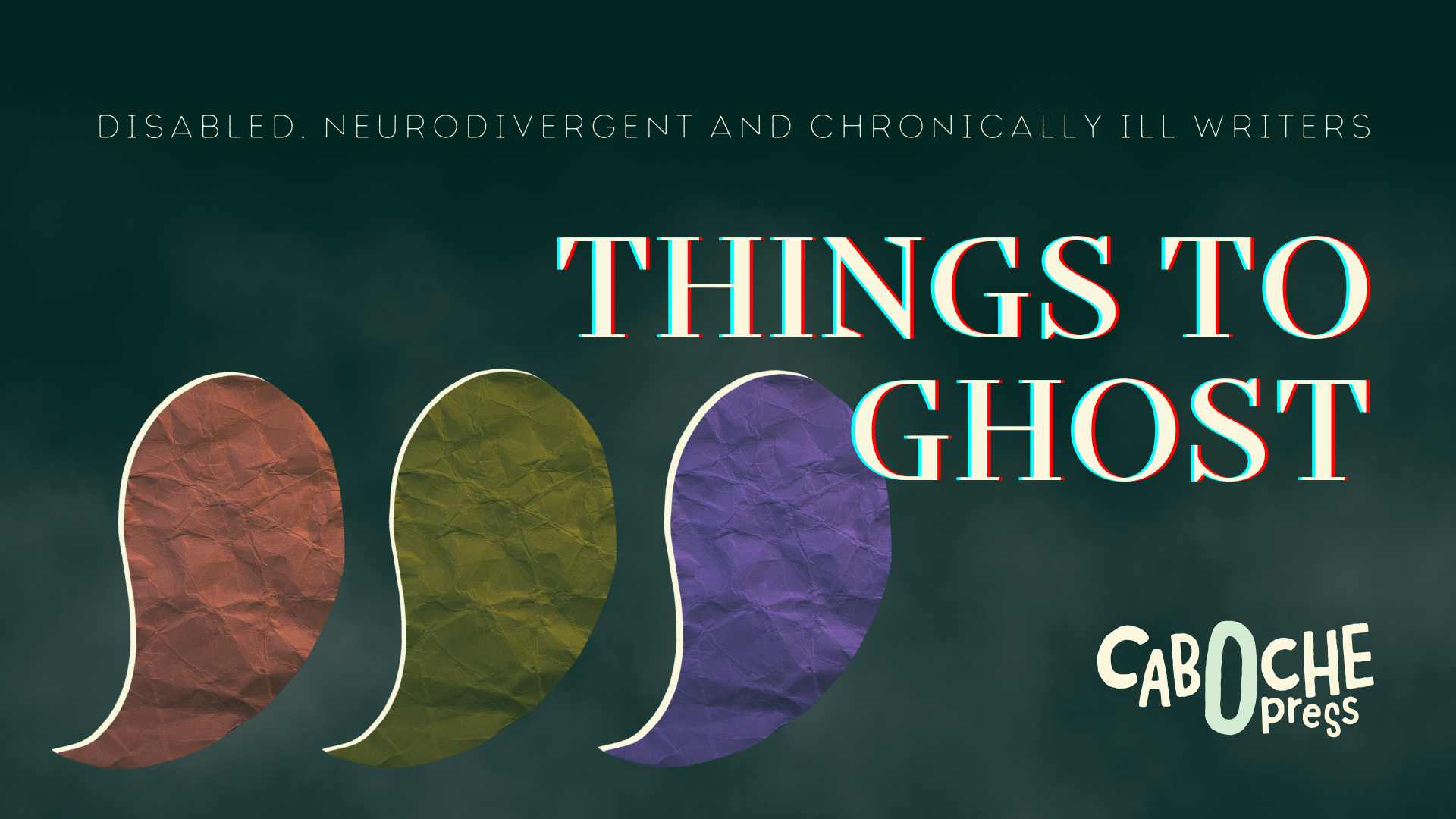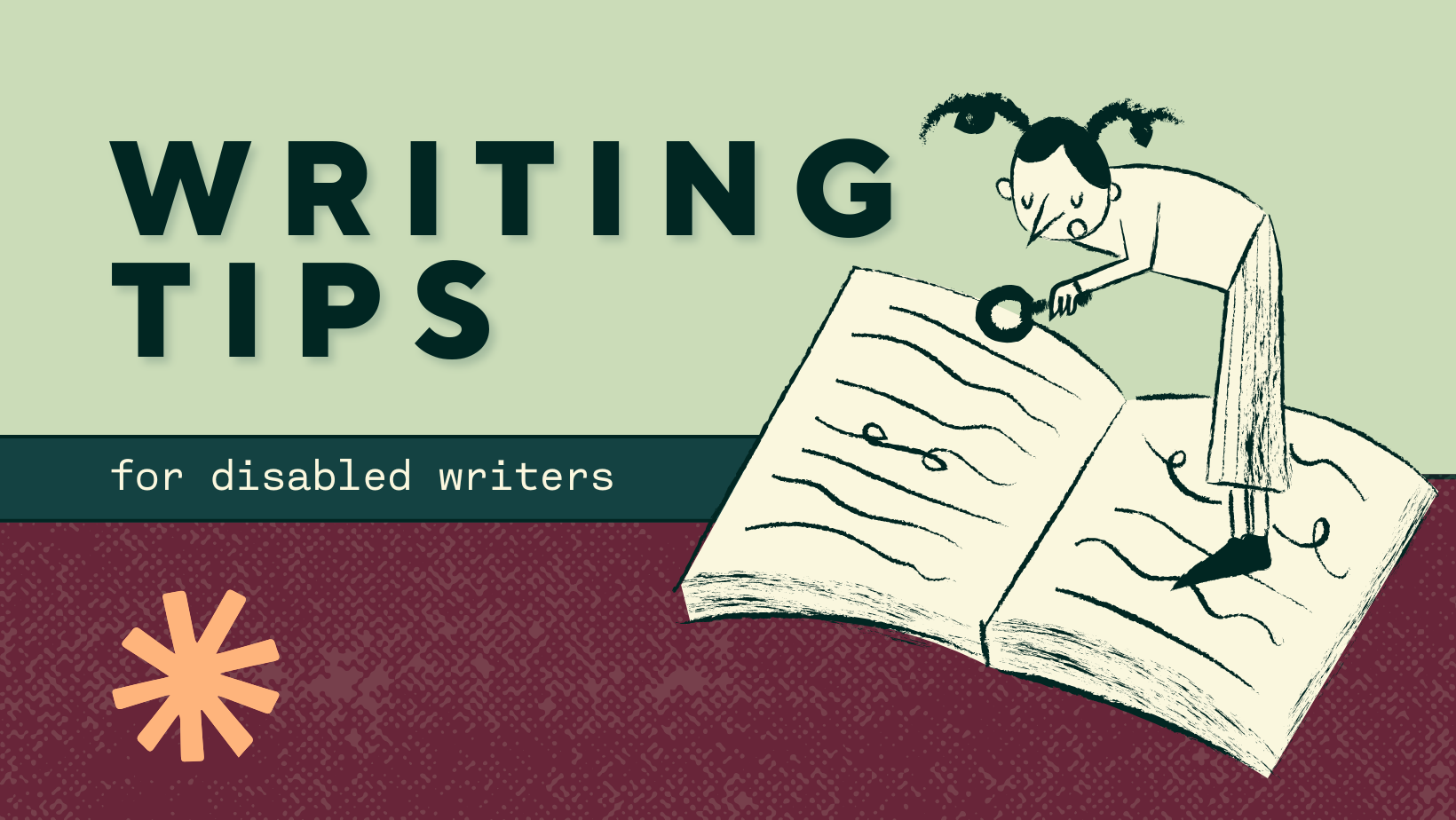Eli* was an imposing man who towered over most in our walking group. Had I met him coming home late at night, I would have probably crossed the street. He always looked very serious… that is, until he heard his name. He would then greet you with a smile like no other.
Eli was autistic and had an intellectual disability, but that never got in the way of his thirst for knowledge. He was fascinated with books – just like me. Eli was probably more well-read than most people I know. Safe to say, we bonded really quickly and a friendship was born.
On our walks, we would talk about literature. He loved to tell me about the books he borrowed at the library that week. It’s important to note that Eli did not care for children’s literature. He understood these stories just fine, but simply wasn’t interested. As an adult, Eli wanted to read grown-up books.
He would share his impressions and ask me questions. He didn’t always fully understand the books he’d pick – I distinctly remember him borrowing a book on Jungian philosophy one week and being quite puzzled – but he wanted to learn and he was frustrated when language got in the way.
Despite the fact that language wasn’t always on his side, Eli had the soul of a poet. I jotted down a conversation we had during one of our walks, after he read his philosophy book :
Eli – What’s the difference between the outside world and our inner world?
Meg – The outside world is everything around you, and our inner world is what’s inside of us, all the things that we can’t physically touch.
Eli – Like what?
Meg – Like thoughts, feelings or the stories we make up!
Eli – Is love a part of our inner world?
Meg – You could say that.
Eli – We invent love.
With support, I fully believe Eli would have been able to write his own book. I know for a fact that he wanted to, as he constantly asked me questions about the literary process and the publishing world (do you need a computer to write a book?)
When I founded Caboche, I knew I wanted to work with people like Eli. I wanted to create a space where disabled and neurodivergent writers could come to publish their stories. I wanted to work with them through the whole process – from conception to publication – and provide them with support, as needed.
Caboche’s mission will always be to help people, like Eli, reach their full potential. We all have a story to tell, if only someone cares to listen closely enough. We offer a unique model in the industry, working with writers before receiving a manuscript.
Are you a neurodivergent or disabled writer? We want to share your story with the rest of the world.



